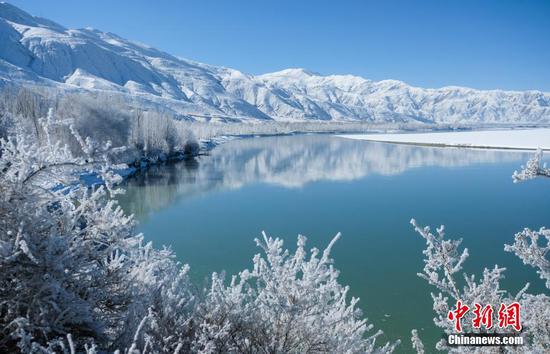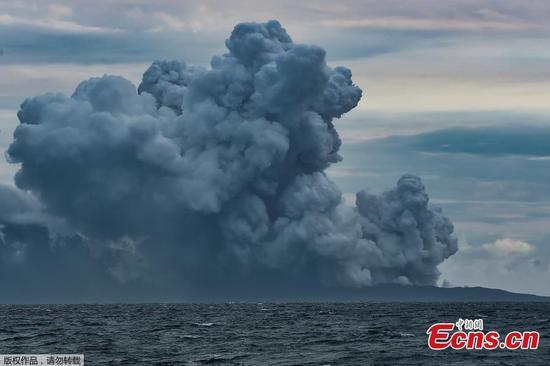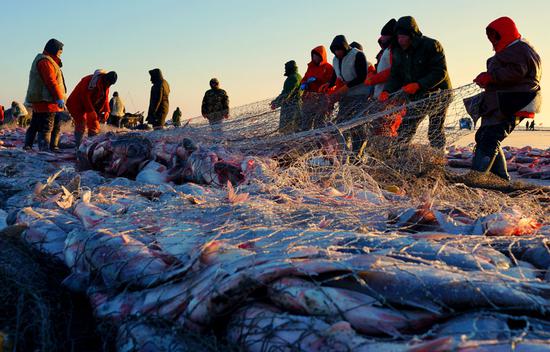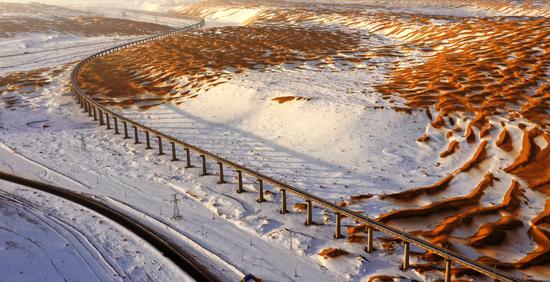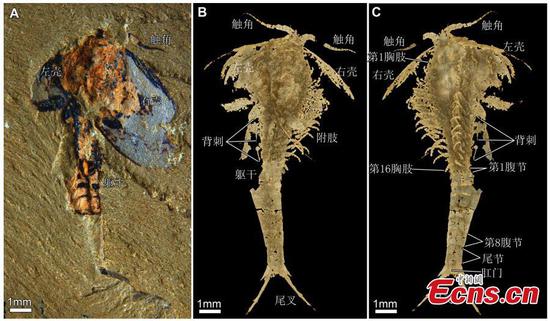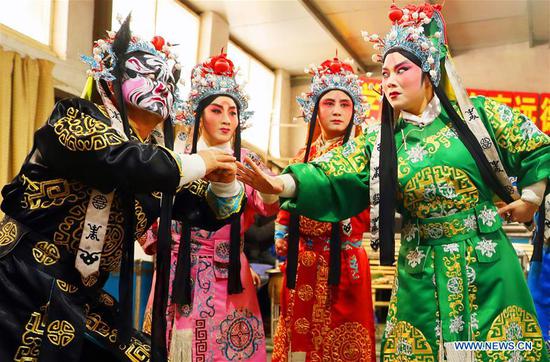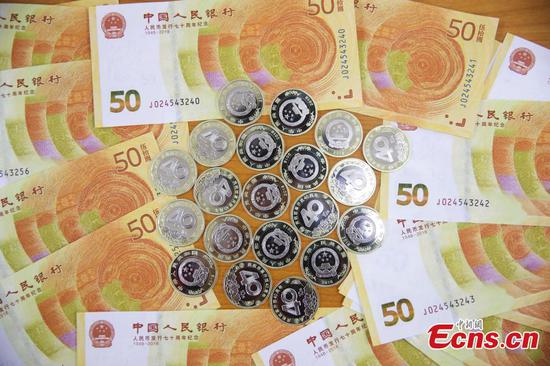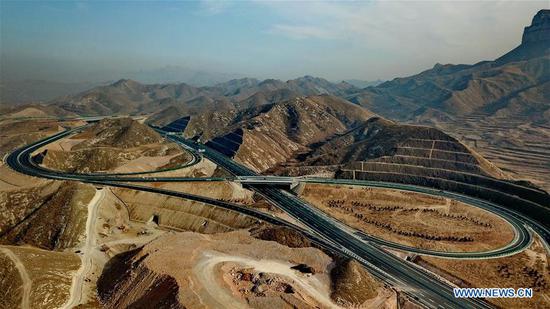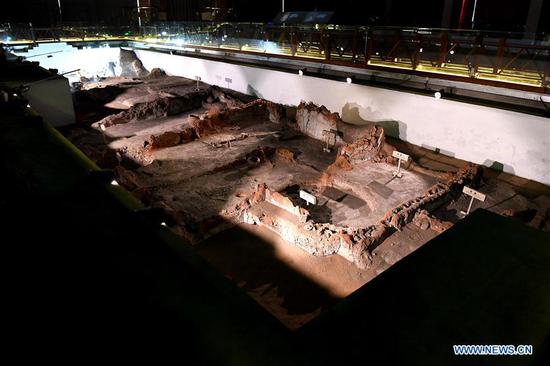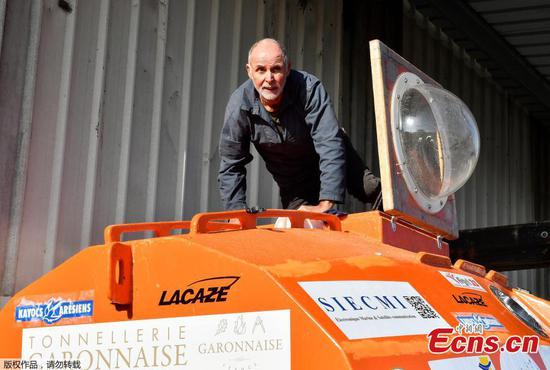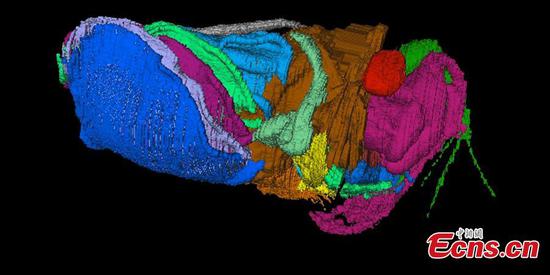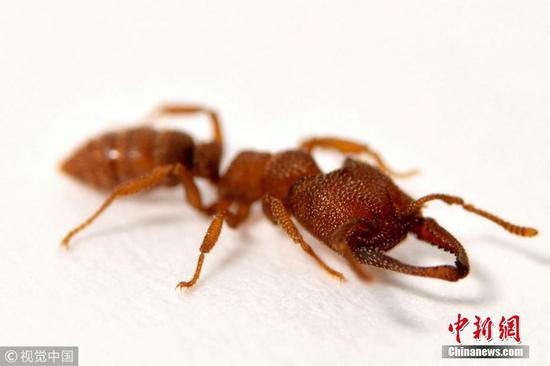For locals and visitors, the coastal city of Haikou is becoming more attractive, thanks to the numerous graceful coconut trees, warm sunshine, delicious cuisines and more recently, the wetlands that are expanding quickly and emerging as a new aspect of the city's pride.
Haikou, capital of tropical Hainan province, has made the protection and restoration of wetlands a livelihood project to build a happy home for the people.
On Oct. 25, Haikou was honored as one of the first group of international wetland cities at the 13th Conference of the Parties to the International Convention on Wetlands held in Dubai, the United Arab Emirates. It was seen as international recognition of Haikou's ecological protection undertakings in recent years.
Haikou has been called a "water city" since ancient times, boasting abundant wetland resources including coasts, rivers and lakes. But problems have emerged along with local economic development.
At a recent discussion arranged for residents, many hailed the progress made by the special campaigns in the past two years, targeting polluted water bodies, illegal construction, air and soil pollutants, comprehensive rectification of urban and rural environments and restoration of wetlands and forests. They said the efforts are turning Haikou into a beautiful garden.
"The environment is closely related to every citizen. I will shoulder the responsibility as a citizen supervisor and contribute to the construction of Haikou's ecological civilization," Chen Decheng, a resident, said at the discussion meeting. He said he was deeply impressed by the changes and felt much happier.
"The rentals in my five-room house near Meishe River, known as Haikou's 'mother river', are going up remarkably as the once smelly river has become garden-like due to a major ecological restoration drive by the city government," said Wang Xia, a middle-aged taxi driver.
To tackle bad odors caused by industrial pollution and the daily dumping of domestic garbage in the city's rivers, lakes and wetlands over the years, and to fully implement the strategy of the central government to build Hainan into a national demonstration zone for ecological civilization, Haikou has pioneered integrated planning for the restoration of its ecological resources.
It has issued strict guidelines to safeguard ecologically fragile areas, the overall quality of the environment and promote rational use of resources, and has introduced hard-hitting access limits for new industrial projects.
"Haikou has introduced an innovative way that combines protection of its precious wetland resources with restoration of its ecosystems," said Chen Song, director of Haikou Wetland Protection Center.
Instead of using conventional methods to reinforce the riverbanks, large-leaf oil grass and plants were grown on the river banks and mangroves were planted in the rivers, the first successful planting of mangroves in urban rivers in China. The trees and plants will help naturally filter and purify the waters.
"The cost of such a practice isn't very high, but the effect is every good," said Yu Kongjian, dean of the College of Architecture and Landscape at Peking University.
The Meishe River National Wetland Park, covering 14,000 square meters, took shape in nine months on top of a former waste dump in 2017.
Regarded as the largest functional eight-stage terraced field ever built in China, the wetland can treat 5,000 to 8,000 metric tons of domestic sewage every day and has become an oasis for water plants and all kinds of waterfowl. It has been awarded the appellation "National Water Conservancy Scenic Area".
Experts said the wetlands have improved water quality and enhanced the regenerative abilities of the local ecological systems and played an important role in resisting floods, regulating runoff and refining the climate.
Haikou now boasts a wetland area of 29,093 hectares, a wetland rate of 12.7 percent. They are home to 514 wetland animal species and 439 plant species, accounting for 23 and 20.3 percent of the country's total, respectively.
"Haikou has established a strong leadership headed by senior city officials, supported by professional associations and a growing number of volunteers who are actively involved in promoting public awareness and monitoring management of the wetlands," said Chen.









